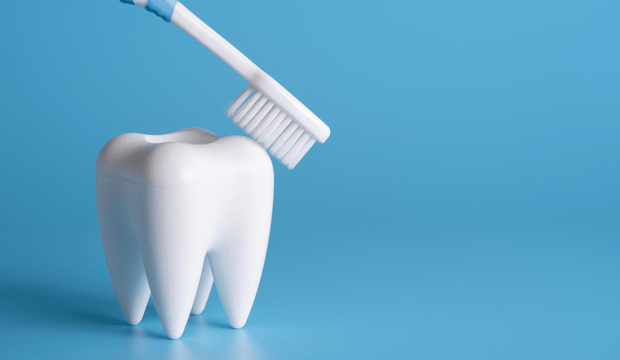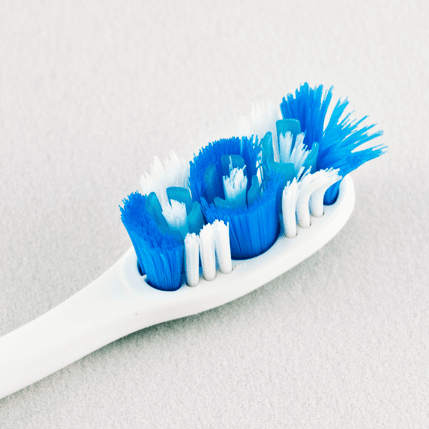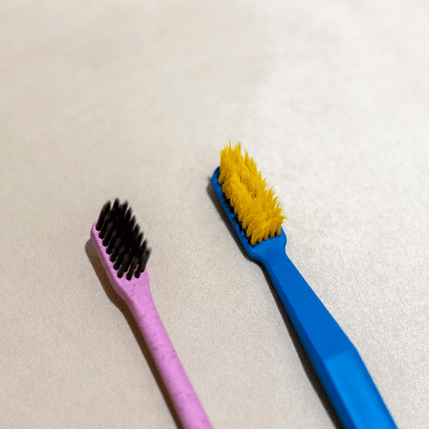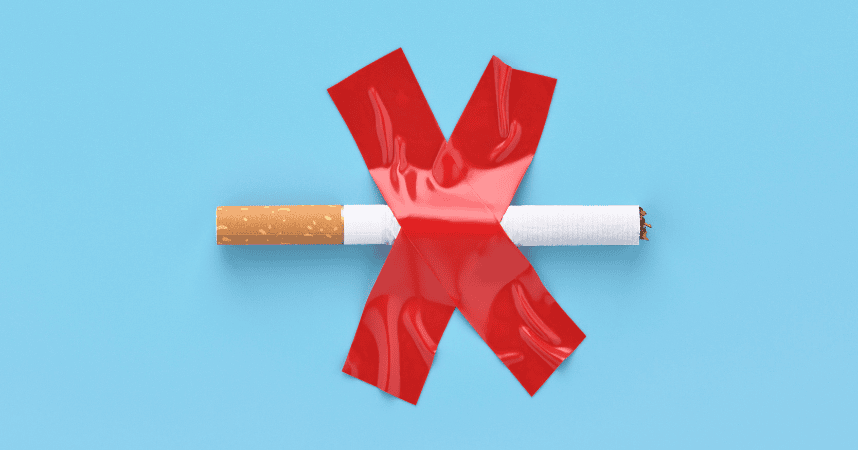Dental hygiene plays a crucial role in maintaining not only your oral health but also your overall well-being. Practicing good dental hygiene helps prevent common dental issues like cavities, gum disease, and bad breath. More importantly, it supports the long-term health of your teeth and gums, reducing the risk of serious problems that could impact your daily life.
In this comprehensive guide, we’ll explore ten practical and effective dental hygiene tips that can help you keep your teeth healthy for a lifetime.
Brushing your teeth twice a day—once in the morning and again before bed—is a fundamental step toward maintaining healthy teeth and gums. Use a soft-bristled toothbrush paired with fluoride toothpaste to thoroughly clean all surfaces of your teeth: the front, back, and chewing areas.
Aim to brush for a full two minutes, using gentle and circular motions to protect your gums from irritation.
While brushing gets most of the attention, flossing is equally important for a healthy mouth. Floss reaches the tight spaces between your teeth and beneath the gumline—areas your toothbrush simply can’t clean. By flossing daily, you remove plaque and trapped food particles, helping to prevent tooth decay and gum disease.
To floss effectively, use about 18 inches of dental floss, wrapping it around your fingers for control. Gently guide the floss between your teeth and curve it into a C-shape against each tooth.
While brushing and flossing form the core of your dental hygiene routine, mouthwash can offer added protection. Antimicrobial and fluoride rinses help kill bacteria, reduce plaque, and strengthen enamel.
Choose a mouthwash that is alcohol-free and ADA-approved. Use it after brushing and flossing, and avoid eating or drinking for at least 30 minutes afterward for maximum effect.
What you eat directly affects your dental health. Consuming a balanced diet rich in calcium, phosphorus, vitamin D, and other essential nutrients helps strengthen your teeth and gums. Dairy products, leafy greens, nuts, and lean proteins support oral health.
Limit sugary foods and beverages, which contribute to the growth of plaque and increase your risk of cavities. Acidic foods like citrus fruits and sodas can erode enamel over time. Drink plenty of water to wash away germs from food particles and maintain a healthy pH level in your mouth.
Toothbrush bristles wear out with regular use, reducing their cleaning effectiveness over time. Worn or frayed bristles are unable to clean your teeth thoroughly and might even cause gum irritation. Dentists recommend replacing your toothbrush every three to four months—or sooner if the bristles are worn out.
If you’ve been sick, it’s a good idea to replace your toothbrush immediately to avoid reinfection.
Routine dental checkups are Important to keep your dental hygiene in good condition. These visits allow dentists to spot potential issues early, carry out thorough cleanings to remove hardened plaque (tartar), and provide tailored guidance to improve your daily dental care.
It’s generally advised to see your dentist at least twice a year. However, if you have ongoing dental concerns or a higher risk of cavities or gum disease, your dentist may suggest more frequent appointments to stay ahead of problems.
Using tobacco in any form—whether smoking or chewing—has a detrimental impact on your oral health. Tobacco use is a leading cause of gum disease, tooth discoloration, bad breath, and oral cancer.
Quitting tobacco can significantly improve your dental health and reduce your risk of serious health conditions. Talk to your healthcare provider about resources and support for quitting.
Water is a natural cleanser that aids in maintaining oral health. It helps wash away food particles and bacteria, keeps your mouth hydrated, and promotes saliva production. Saliva neutralizes acids and contains minerals that protect tooth enamel.
After meals or snacks, especially when brushing isn’t possible, rinse your mouth with water to help clean your teeth.
Make sure you’re using dental tools—like toothbrushes, floss, and mouthwash—correctly. Improper technique can lead to gum damage, incomplete cleaning, or even worsening of dental problems.
For instance, brushing too hard can cause gum recession, and flossing incorrectly can damage your gums. If you’re not confident in your brushing or flossing technique, don’t hesitate to ask your dentist or hygienist to show you the right way.
If you participate in sports, especially contact sports, wear a mouthguard to protect your teeth from injury. Custom-fit mouthguards offer better comfort and protection than over-the-counter versions.
For individuals who grind their teeth at night—a condition known as bruxism—wearing a night guard can help prevent enamel wear, jaw pain, and tooth sensitivity.





